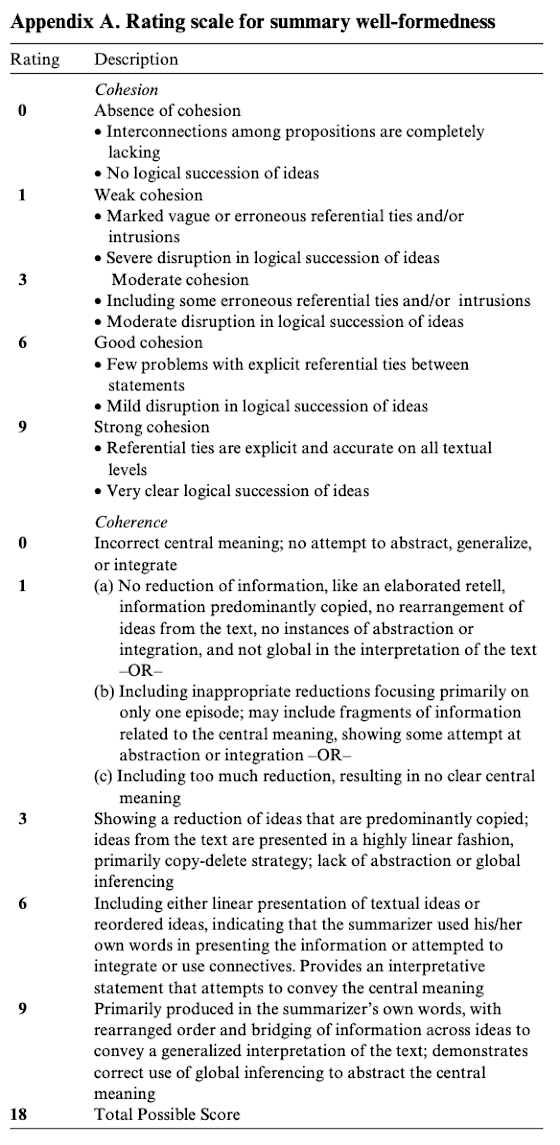Overview
Prior studies have shown that suffering a traumatic brain injury (TBI) in childhood can impair the ability to summarize meaningful information from a larger given source of content (discourse gist). Producing a well-formed summary involves many complex brain functions. This task relies on associated memory abilities including both immediate and working memory. To measure these proposed differences between injured and uninjured children, this study took a new approach by examining summary production with rating of a summary's well-formedness, working memory, and immediate memory. As hypothesized, results demonstrated that children with TBI had decreased performance on the summary production task and working memory tasks. Interestingly though, the immediate memory for a word list was comparable between the injured and uninjured groups. Further, there was a relationship between working memory and the ability to produce a meaningful summary and the ability to recall given information. The study expanded the evidence that children with TBI struggle with abstraction and more complex cognitive tasks even when other basic functions (immediate memory) are comparable with uninjured children. Following these results that identified the specific areas of cognitive impairment, the next course of action would be to determine if targeted cognitive interventions could reduce these impairments even years after brain injury.
Appendix A shows the criteria used to assess and rate the well-formedness of the children's summaries.


